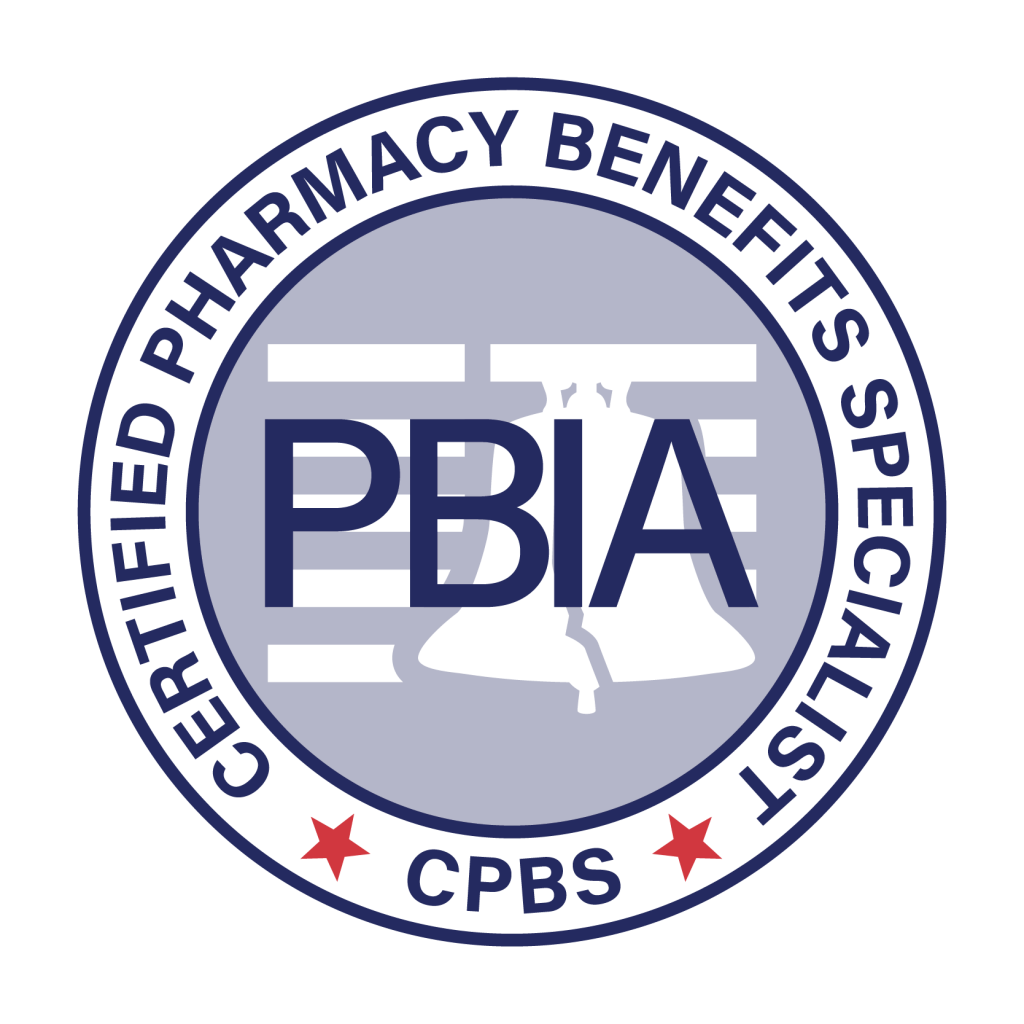News and notes from around the interweb:
- Key Differences Between Fiduciary and Traditional Pharmacy Benefit Managers. Pharmacy Benefit Managers (PBM) are authorized to manage the benefit on their own behalf, with a wide range of restrictions and constraints that serve the PBMs interest, often at the client’s expense. On the other hand, a Fiduciary PBM manages the benefit without that conflict of interest, and with better transparency – looking out for the best interest of the client and plan participants only. What are the Key Differences Between Fiduciary and Traditional PBM Business Models?
- Justice Department Sues to Block UnitedHealth Group’s Acquisition of Change Healthcare. The Department of Justice, together with Attorneys General in Minnesota and New York, filed a civil lawsuit to stop UnitedHealth Group Incorporated (United) from acquiring Change Healthcare Inc. (Change). The complaint, filed in the U.S. District Court for the District of Columbia, alleges that the proposed $13 billion transaction would harm competition in commercial health insurance markets, as well as in the market for a vital technology used by health insurers to process health insurance claims and reduce health care costs.
- AHIP study claims hospitals charge double for specialty drugs compared to pharmacies. Hospitals on average charge double the price for the same drugs compared to those offered by specialty pharmacies, according to a new insurer-funded study released as federal regulators ponder a probe into the pharmacy benefit management industry. The study (PDF), released Wednesday by insurance lobbying group AHIP, comes as specialty pharmacies have grown in use among PBMs and payers to dispense specialty products. The study was released a day before a scheduled meeting Thursday of the Federal Trade Commission on whether to probe the competitive impact of PBM contracts and how they could disadvantage independent and specialty pharmacies.
- Prepare for Health Care Price Transparency Rules Taking Effect Soon. While much of the “heavy lifting” will be done by health insurance carriers for fully insured plans, by third-party administrators (TPAs) for self-funded plans, and by pharmacy benefit managers (PBMs) for carved-out prescription drug benefits, employers are ultimately responsible for ensuring that this information is ready and available, said Jay Kirschbaum, benefits compliance director and senior vice president at World Insurance Associates, based in Washington, D.C. “We’ve spent the last 20 or 30 years teaching our participants to be bad consumers of medical care by shielding them from actual prices,” said Kirschbaum, speaking March 30 at the Society for Human Resource Management’s Employment Law & Compliance Conference in Washington, D.C.
- Price Transparency or Price Obfuscation? Is A PBM-Backed Network Using Its Monopoly in One Business to Advantage Itself in the Next? On August 5, 2021, GoodRx and Surescripts announced an agreement to incorporate GoodRx drug coupons into Surescripts’ Real-Time Prescription Benefit (RTPB) service. Through the partnership, GoodRx’s drug discount pricing information is made available to prescribers at the point of care, when they are writing a prescription in their electronic health record (EHR). The partnership generated a fair amount of media attention at the time of its announcement, for a few reasons. But an in-depth look at the partnership raises a number of questions about the deal, why it was done, and who stands to benefit now and in the long term.
